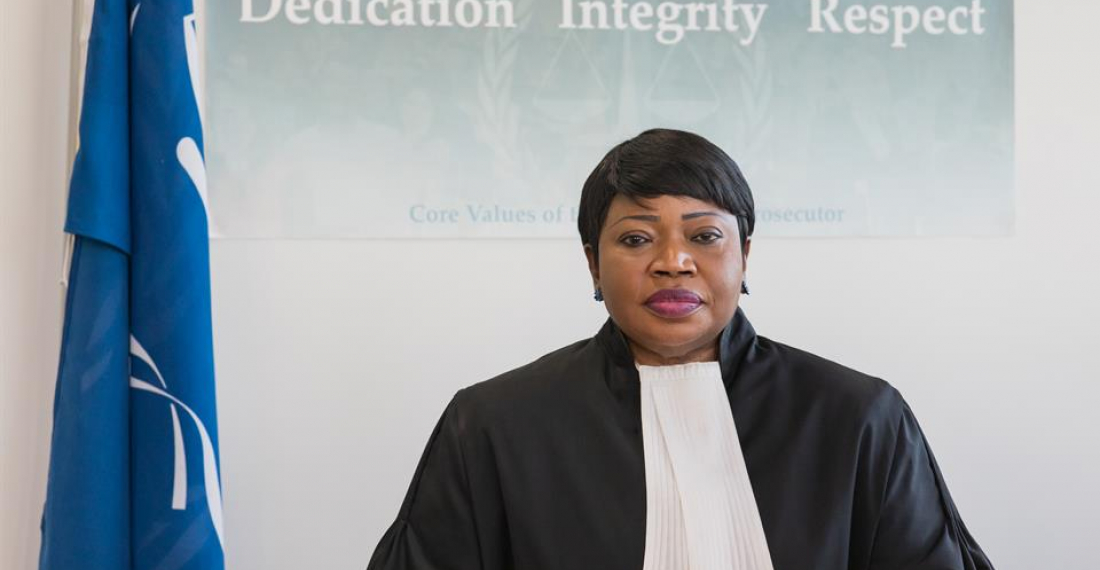The International Criminal Court (ICC) in The Hague has opened the door to a criminal investigation into possible war crimes committed in Palestine. The Court's Prosecutor Fatou Bensouda announced this on Wednesday (3 March) in a statement published on the ICC's website.
"The decision to open an investigation followed a painstaking preliminary examination undertaken by my Office that lasted close to five years. During that period, and by our normal practice, the Office engaged with a wide array of stakeholders, including in regular and productive meetings with representatives of the Governments of Palestine and Israel, respectively." said Bensouda.
The ICC investigation focuses on crimes committed since 13 June 2014. In the summer of that year, the Israeli military conducted a military operation in the Gaza Strip targeting the Palestinian group Hamas and the Palestinian Islamic Jihad. According to local authorities in Palestine, this resulted in hundreds of civilian deaths.
The investigation was requested by the Palestinians, who joined the ICC in 2015. Subsequently, a preliminary investigation was opened into the situation in Palestine that lasted nearly five years, according to the prosecutor. As part of this discussions were held with "a wide range of stakeholders, including regular and productive meetings with representatives of Palestine and Israel's governments, respectively," the prosecutor said in the statement.
The next step will be to determine whether Israel or Palestinian authorities have conducted investigations themselves and assess them.






